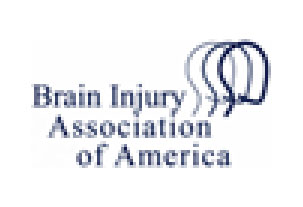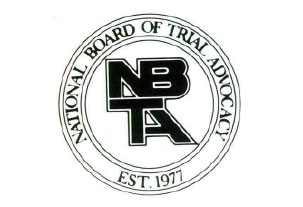Research published in the American Journal of Obstetrics and Gynecology says that the PeriGen fetal surveillance is successful in predicting and preventing shoulder dystocia without increasing cesarean sections.
Shoulder dystocia occurs when the baby’s shoulder becomes stuck during childbirth, potentially causing nerve damage and lifelong complications or disabilities, even death. Proper medical care can prevent shoulder dystocia in most cases, but recent testing suggests that the PeriGen program, already in place at several facilities, is an effective prevention method.
Researchers studied two groups of births. In one, 8,767 women gave birth using the PeriGen system. The second group of 11,958 deliveries did not use the program. Rates of cesarean section births remained constant in both groups, but shoulder dystocia was 56.8 percent lower in the group that used the PeriGen system.
“The results of the study show a clear path to reduction of this potentially catastrophic outcome and we are pleased that they have appeared in the leading, and most well-respected journal in the field of obstetric medicine,” said PeriGen CEO Matt Sappern.
The American College of Obstetricians and Gynecologists lists the following shoulder dystocia risk factors for pregnant women:
- Obesity
- Abnormal pelvis
- Gestational diabetes
- Post-term pregnancy
- History of shoulder dystocia
- Short stature
A prolonged labor or the use of forceps or a vacuum also increases the risk of shoulder dystocia. Pregnant women should talk to their doctors about shoulder dystocia, and what they can do to mitigate the risks.
If your medical care provider failed to address these risks and your child suffered injuries as a result, feel free to call us at 1-800-460-0606 to schedule a free consultation. Visit our website to learn more about shoulder dystocia.
Cappolino Dodd Krebs LLP – birth trauma attorneys













